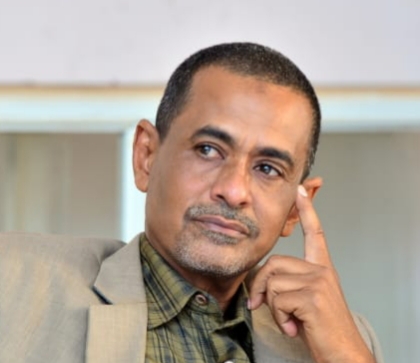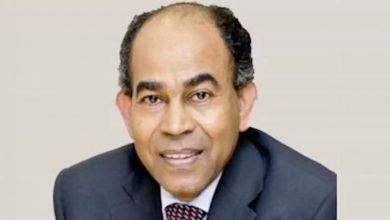
By Dr. Essam Batran
If the wonders of the world are seven, then the eighth is undoubtedly the Forces of Freedom and Change (FFC) and their affiliates. This cancerous entity persistently metastasizes and clogs the veins of an already stricken homeland, surpassing even Zionist lobby organizations in its attachment to the filth and stagnation of swamps and murky waters.
The Eighth Wonder: The FFC, which lacks both legitimacy and capability, calls to strip legitimacy from those who granted it in the first place. They speak of the humanitarian catastrophe and civilian protection, yet they themselves violated citizens’ sanctities, offering them as prey to the rebellious militia. Acting as the political arm of foreign invaders, the FFC hides behind hollow rhetoric of solutions to end the war and establish a Sudanese state. But what is their political vision? What can Taqaddum—a child born out of the illegitimate FFC—offer while its very foundation lies in igniting war through the framework agreement?
The contradictions of the FFC and its claims to revoke legitimacy lie in its lack of moral, social, or political justification for involvement in solutions. It is a key contributor to the legitimacy crisis. How can a government that incited war instill confidence in the very people it betrayed? How can the fugitive Hamdok confront reality, communicate effectively, or interact positively with society after his infamous resignation and his bitter critique of the FFC?
Legitimacy grants legal justification to actions taken by authorities capable of protecting citizens, even amidst a war ignited by those rejected political entities. Here lies an informed dialectic between “power and legitimacy,” enabling citizens to transform humanitarian demands into legal claims. Meeting these demands becomes the duty of any legitimate ruling authority, which safeguards its citizens—unlike the FFC’s rule.
Yes, disputes and conflicts—whether political or social—are resolved through the authority’s sovereignty and the force it wields. This leads to societal stability. Those who lack political legitimacy cannot demand it, as they lack the basic components of legitimacy and are thus the first to forfeit their right to power.
Sudan now stands at a crossroads: Either it aligns with the FFC and its affiliates, or it supports its armed forces and popular resistance, embracing the principle of decisive power. This is the path to reclaiming the nation’s dignity and honor, which the FFC trampled into the dirt.
Jean-Jacques Rousseau wrote in The Social Contract:
“When the legitimacy of a regime is lost, its foundation becomes internally eroded. Over time, the regime itself transforms into a fragile shell, easily broken and removed, rendering it entirely unfit to rule.”
This resonates with the Sudanese people’s decision regarding the FFC, which has proven to be a disaster and consequently lost its legitimacy. One cannot give what one does not possess.
John Locke was the first to use the concept of political legitimacy as a basis for analyzing the phenomenon of authority. Over time, the concept evolved to signify the consent of the governed toward their rulers and political system. The Sudanese people have chosen their path by removing this malignant tumor from their state’s core.
For many political and social scholars, legitimacy remains a complex concept. While central to modern political science, it involves the voluntary submission to military authority in exchange for security and protection. This stems from the trust that citizens place in the military, believing it represents communal values and expectations—a stark contrast to the reckless political immaturity that leads to destruction.
(Source: Sudanese Echoes)


